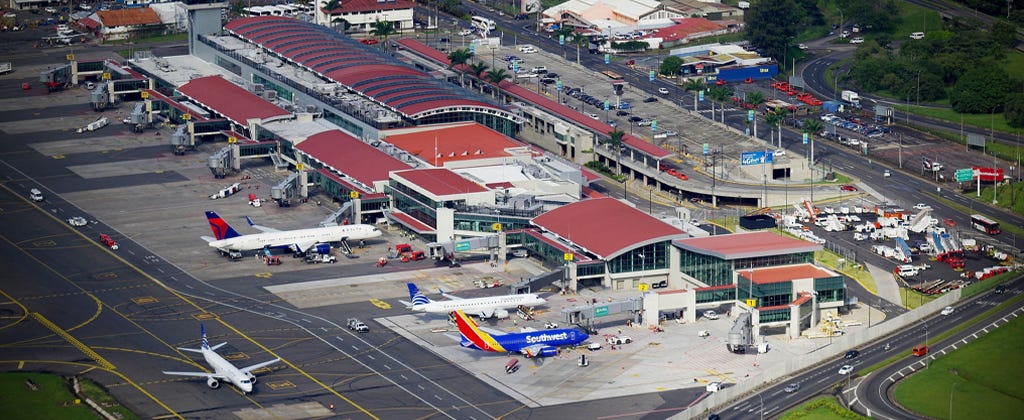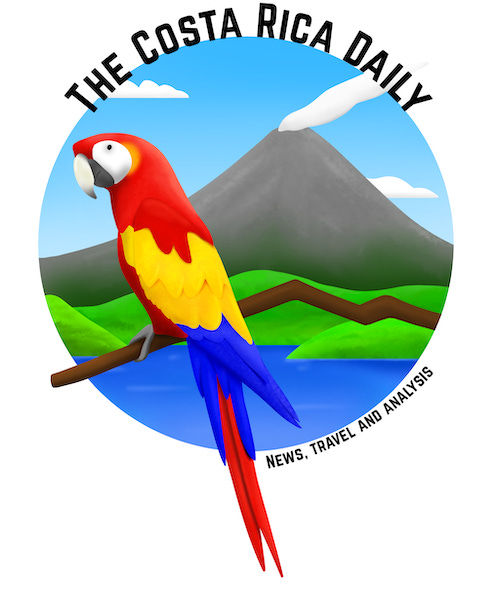Costa Rica recovers top aviation safety rating
Costa Rica complies with international safety standards and has been granted the highest international ranking.
Costa Rica received good news Thursday night as the Federal Aviation Administration (FAA) officially upgraded the country’s safety rating.
“The Republic of Costa Rica complies with international safety standards and has been granted the highest international ranking,” the FAA’s press release says.
The FAA had downgraded Costa Rica to a Category 2 in 2019 after a routine inspection found the country “failed to comply” with international aviation safety standards.
That put Costa Rica in bad company. The only countries currently at a Category 2 are: Bangladesh, Curacao, Ghana, Malaysia, Thailand, Venezuela, and the Organization of Eastern Caribbean States. All other countries that fly to the United States are at a Category 1, meaning they meet international guidelines.
Costa Rica recovering its Category 1 status is largely an issue of perception, though the Category 2 rating also meant the Costa Rican subsidiaries of Avianca and Volaris couldn’t launch any new routes to the United States. Their flights were also subject to enhanced FAA scrutiny.
In addition to affirming Costa Rica meets international safety standards — which is undoubtedly a good thing — the tourism sector says the Category 1 rating may help attract more airlines and new routes in the future.
“This is, without a doubt, great news for the country and for the tourism sector,” said the National Tourism Chamber (CANATUR). “We send a positive message to the world and demonstrate that Costa Rica is a safe destination in aeronautical matters, opening up new opportunities.”
Answering your Costa Rica questions
At the end of the week, we answer your questions about Costa Rica. Submit yours for the next “Free Talk Friday” by emailing us at crcdaily@gmail.com or by clicking the button below:
This week’s question:
Can a non-citizen who is married to a Costa Rican enter via the land borders?
Costa Rica’s land borders are currently closed to non-citizens and non-residents. Best we can tell, the exceptions listed in the decree do not include the family of Costa Ricans. The decree details the following exceptions:
People who work for transport companies.
People transiting through Costa Rica for humanitarian reasons, and whose travel has been preauthorized by Panama, Nicaragua and Costa Rica.
Diplomats and their families, and people who have received a special exception from the Immigration Administration.
Support The Costa Rica Daily
You’ll be a Category 1 in our eyes if you donate. We can only exist with your support:



